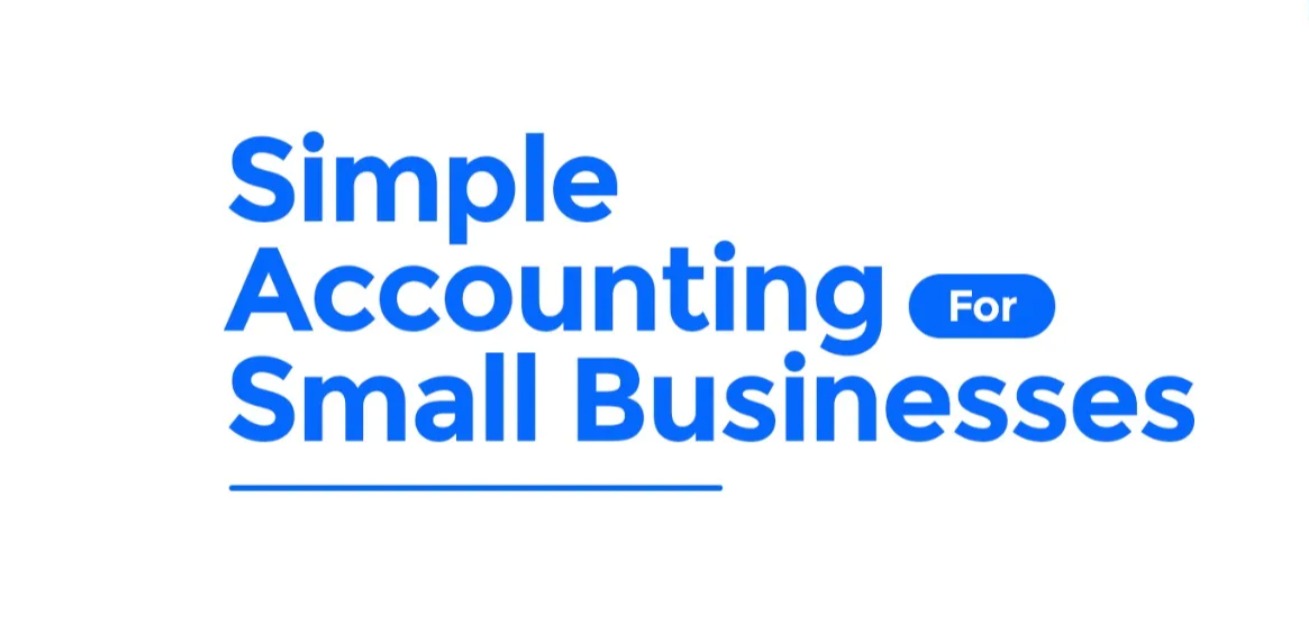The Central Bank of Nigeria (CBN) disclosed that lenders, including commercial banks and other financial institutions, recorded higher default rates for secured, unsecured, and corporate loans in the fourth quarter of last year (Q4 2024).
Credit default refers to when a lender is unable to collect a payment on an outstanding debt.
The apex bank revealed the default rate in its Credit Conditions Survey Report, Q4 2024, which was posted on its website.
Similarly, the proportion of loan approval increased for secured and corporate lending types, while the proportion of loan approval for unsecured lending decreased within the quarter under review.
Under the period, the overall spreads on secured and unsecured lending rates to households relative to the Monetary Policy Rate (MPR) widened.
For corporate lending, all lending type spreads on loans relative to MPR also widened, except OFCs, which narrowed in the current quarter.
The report, which was authored by the apex bank’s Statistics Department, Economic Policy Directorate, further stated that lenders reported increased credit availability for unsecured and corporate lending, while secured lending to households declined during the period.
CBN said the decrease in secured credit availability was primarily due to a changing economic outlook, while market share objectives led to an increase in unsecured lending.
Secured lending refers to loans granted with collateral, including a car, home, or other assets, and are generally less risky for lenders, and come with lower interest rates.
The central bank stated that unsecured lending, which does not require collateral but depends on the ability of the lender to evaluate the borrower’s creditworthiness and cash flow, increased in the review period.
Unsecured credit consists of personal loans for home renovations, medical bills, and education costs, among others, but risks higher interest rates.
However, corporate lending, which provides loans to businesses and organisations, and a vital part of the financial system to aid businesses growth, increased in Q4.
The report further revealed that demand for credit across all lending types increased in Q4 2024, when compared to the previous quarter, including secured 11.3 per cent, unsecured 6.7 per cent and corporate 27.2 per cent.
CBN said the overall spreads on secured and unsecured lending rates to households relative to the Monetary Policy Rate (MPR) also widened in Q4.
It stated that for corporate lending, all lending type spreads on loans relative to MPR equally widened, except Offshore Financial Centres (OFCs), which narrowed in the current quarter.
In the review period, the changing economic outlook was the main factor affecting corporate credit availability.
It stated that the demand for credit increased for all lending types, though that for mortgage/re-mortgage from households decreased in Q4.
The report said, “The demand for credit across all lending types increased in Q4 2024.
“The factors influencing the increase for secured and unsecured household loans were consumer loans from households (32.3 per cent) and credit cards lending from households (15.7 per cent), respectively, while Inventory finance (24.5 per cent) was the major factor that influenced the change in demand for corporate lending.”
The post Q4 2024: Nigerian Banks Face Higher Loan Defaults—CBN appeared first on Tech | Business | Economy.

.png) 3 hours ago
3
3 hours ago
3






.png)








 English (US) ·
English (US) ·